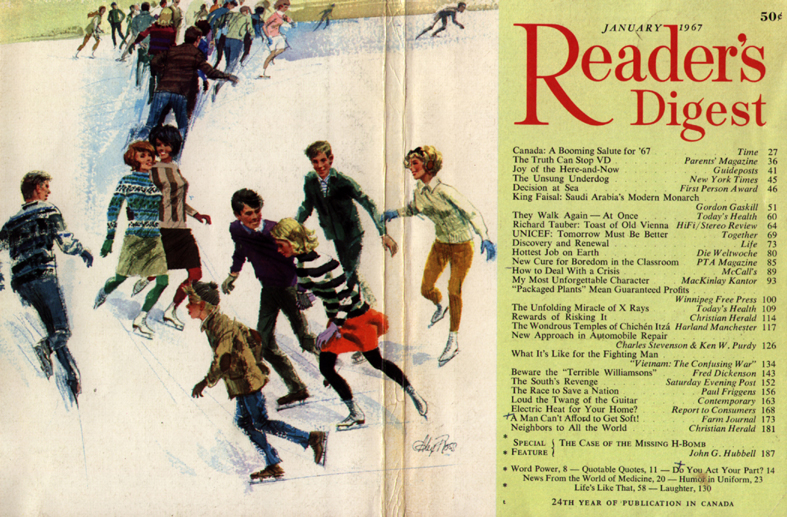We do not need another “Bloody Sunday” inquiry that will take years and cost millions, Lord Saville spent twelve years and over £200 million to accomplish nothing. The phone hacking scandal, which may be just the tip of the iceberg in terms of lawbreaking and misconduct by the media, requires new laws to be introduced at the earliest opportunity. At the very least we want tough new guidelines and sharper teeth for the complaints handling process immediately.
We are not going to get satisfaction from a ponderous inquiry. We want action.
If Lord Leveson cannot undertake to complete his inquiry within three months, he should step down now. We should instead put it out to tender. We should invite commercial bids to conduct the inquiry from suitable organisations. Interested parties submit sealed bids outlining their capabilities and setting out how they would conduct the inquiry. The government then appoints the most competent and cost-effective contractor to do the job. And of course, there must be a penalty clause for late delivery.
Should Lord Leveson get to drag his inquiry out as he plans, time will have moved on, dirt will have been brushed under carpets, excuses will be fine tuned, and we’ll all forget why this is such an important issue. The guilty will escape jail, they’ll carry on making money and eventually retire in ill-deserved comfort. And after a suitable interval we can be sure everyone will be back up to their old tricks again, write best-selling memoirs telling all and have the last laugh at our expense.
And there will have been no justice done.


